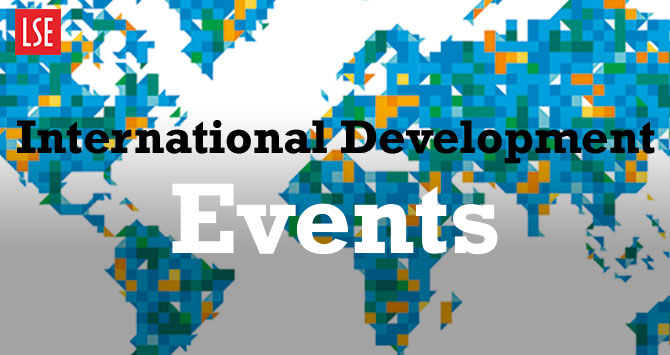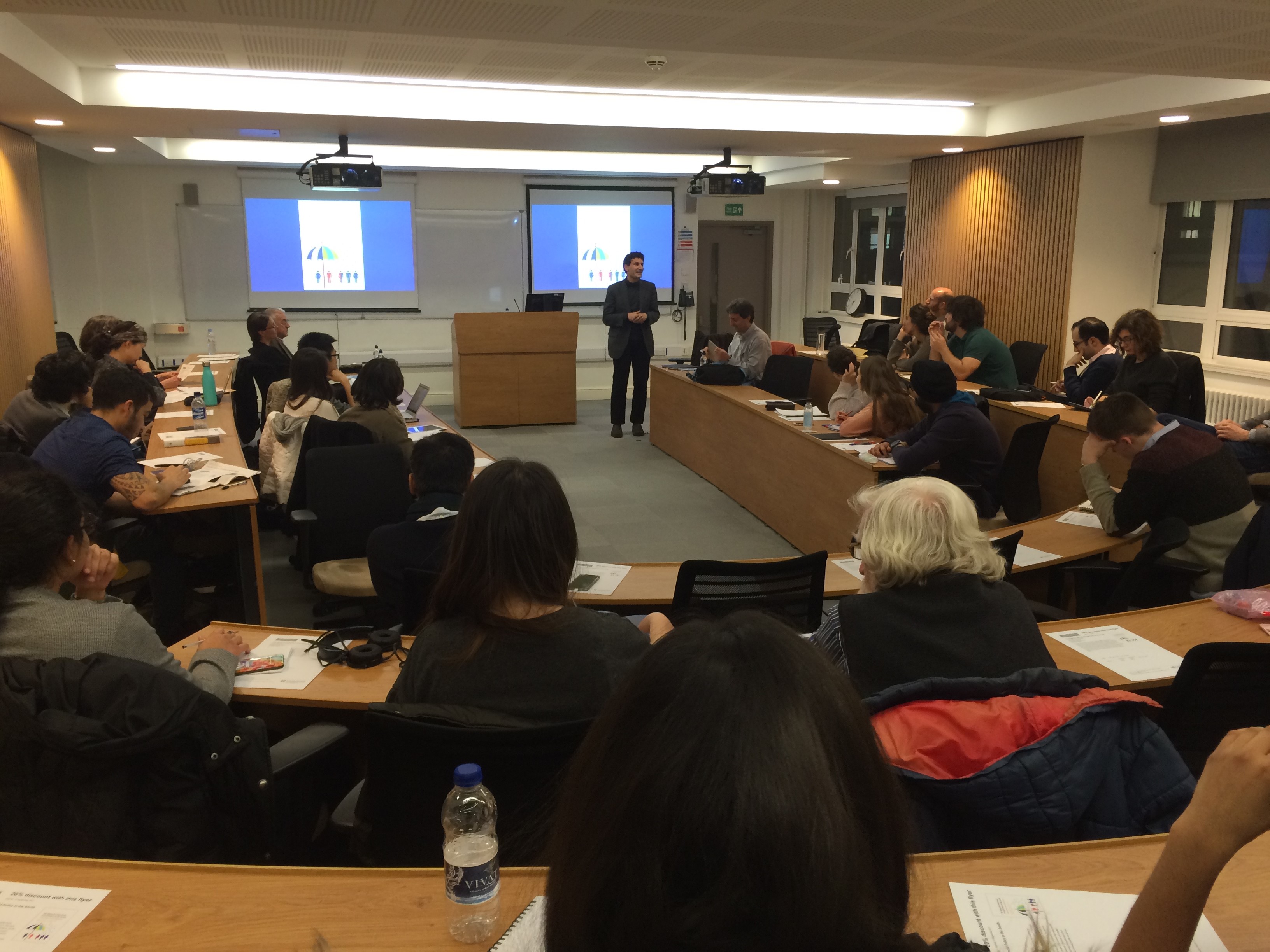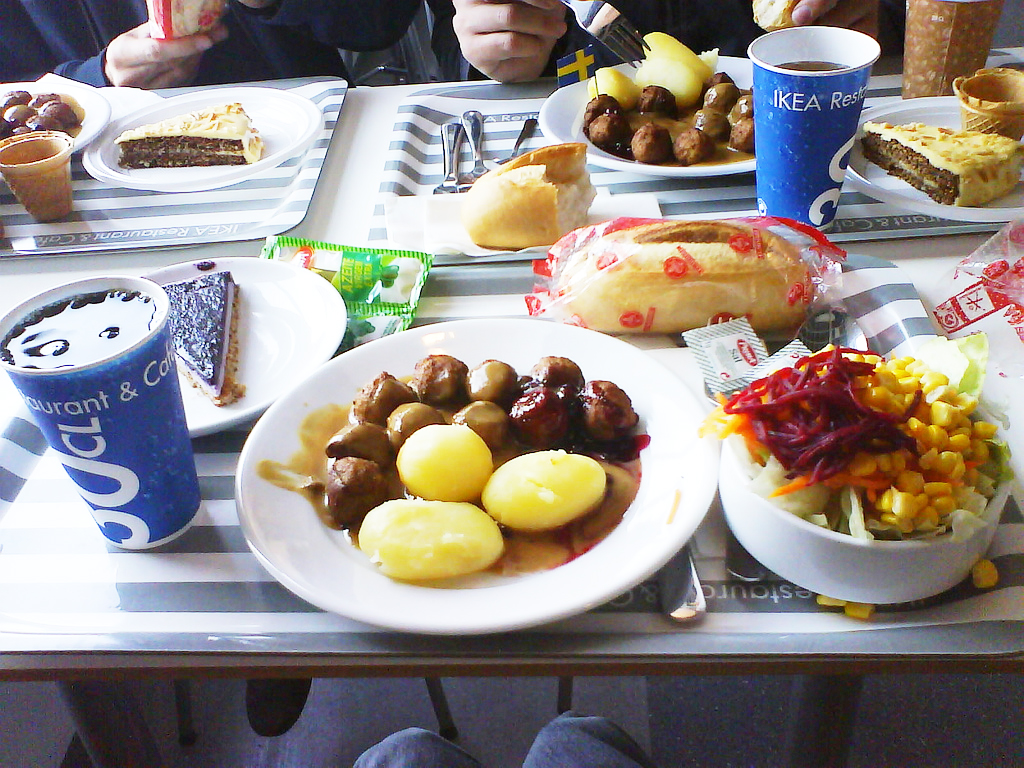On Friday 28 January, Irungu Houghton gave an online lecture on ‘Human rights organising in Africa during a global pandemic’ as part of the Cutting Edge Issues in Development Lecture Series for 2021/22. Irungu Houghton currently serves as Executive Director for Amnesty International Kenya. The discussant for this lecture, Chaloka Beyani is an Associate Professor of International Law at LSE Law School and the United Nations Special Rapporteur on the Human Rights of Internally Displaced Persons. Read what MSc students Kinya Mugaine and Hridya Rajesh took away from the lecture below.
You can watch the lecture back on YouTube or listen to the podcast.

Irungu Houghton and Dr Chaloka Beyani shed light on some of the ways in which human rights were threatened during the first year of the pandemic and the actions taken by local NGOs and communities to prevent further abuses of power by law enforcement agencies. They both elevated the discussion on the response of Civil Society to the failures of African States during the COVID-19 pandemic. They highlighted four trends that emerged in the months following the implementation of measures aimed at curbing the spread of COVID-19 in African countries; an abuse of power by the police, strain on livelihoods, increased capacity to rise against social injustices and localisation of emergency and development aid.
While COVID-19 called for the relevance of the state to the people; to show its preparedness in times of crisis and its ability to take measures to ensure the health and economic security of its citizens, Dr Beyani observed that most African governments largely failed to prove their pertinence instead they responded in autocratic ways that prioritised the display of state authority through actions such as pandemic restrictions and national lockdown measures which worsened the situation and placed a huge financial burden on low-skilled populations such as domestic workers who relied on daily wages. In countries like Kenya and South Africa, curfews were enforced for an extended period of time alongside lockdown restrictions which meant businesses had to reduce staff numbers which resulted in increased unemployment at a time when low skilled jobs were scarce. As predicted, the urban poor couldn’t afford to remain in their houses in observation of countrywide lockdown measures especially in countries like Kenya which did not have established cash transfer systems for low-income families to mitigate the adverse impacts on their livelihoods. As a result, most residents broke lockdown restrictions and opted to face the consequences by either spreading the virus or facing abuse by police; most slum residents argued they would rather die of the coronavirus than starve to death in their homes.
In addition to the negative impacts on livelihoods, COVID-19 restrictions awarded unprecedented powers to the police, providing them with an excuse to unleash extreme brutality on the country’s poor. In Kenya, persons who broke mask-wearing mandates, social distancing rules (which were practically unachievable in Kenyan slums) or curfew rules, were often met with excessive use of force by law enforcement; at one point, more people had been shot for defying lockdown restrictions in Kenya than had died of Covid-19. According to Missing Voices Kenya, a coalition of organisations that documents extrajudicial killings found that by September 2020, the Kenyan police had killed twenty-four people while enforcing COVID-19 restrictions imposed by the government. One of the worst cases of such excessive force was the murder of Yassin Moyo, a 13-year-old boy who was killed by a police officer who was supposedly enforcing COVID restrictions in the Karamaiko area of Mathare. Yassin was simply looking at what was happening on the ground from the balcony of his parents’ house. Inspired by the international solidarity displayed following the murder of George Floyd, the Kenyan civil society raised awareness on the issue resulting in the arrest of the officer who was charged with murder, which is a rarity in Kenya’s judicial system. To this end, Irungu noted how even in the absence of international NGOs and human rights agencies, there was ‘community muscle’ that rose to face injustice through solidarity that challenged the status quo over previous calls for justice. proving the need to expand civic space in African countries.
According to Irungu, COVID-19 has made the localisation of aid and relief, a reality. Before the pandemic, discussions on the provision of emergency and development aid through grassroots organisations were often surrounded by bureaucracies that prevented the actualisation of the idea. In a complete turn of events, the pandemic forced international actors who were withdrawn from intervention countries to modify their operations and relinquish control to local actors. This empowerment of local actors prompted the emergence of more local organisations aimed at addressing social injustices such as police brutality, the eviction of informal settlement residents, the increase of gender-based violence and other emerging issues. Irungu notes that these organisations have been able to arrange protests, demonstrations, and prompt action from the government despite having very limited access to funds. Instead relying on crowdsourcing contributions from the communities they operate in, is proof of the superiority and strength of local organisations with the necessary proximity to communities (See Usikimye).
Another emerging trend in human rights organising by African local organisations during the pandemic was the utilisation of the power of constitutions to demand change with regards to upholding citizens rights and narrowing the gap between the constitutional vision and the reality. This is a contemporary argument that seems to be reoccurring in African activism. According to Irungu, constitutionalism is essentially cemented by the activism of people in very local contexts and therefore contrary to common belief, local actors are in a position to utilise the constitution to build alternative forms of power that have the potential to overcome localised symptoms of inequality. Mark Heywood, an African Scholar, shares similar sentiments as Irungu and argues further that the awareness of issues needs to be combined with persistent and meticulous legal work in order to shift the balance of power and advance human rights. Mark Heywood’s article documents two successful campaigns (#JusticeForMichael and Life Esidimeni) by a local social justice organisation, ‘SECTION27’. They were able to utilise the constitution and courts to argue that the government failed to provide access to healthcare services and basic education resulting in the loss of lives which meant they were liable to pay ‘constitutional damages’ and acknowledge that human rights violations by the government resulted in death.
Kinya Mugaine
_______________
Apart from the devastating effects of COVID-19 as a disease, the past two years of the pandemic have shown us another facet of the current global condition. It has exacerbated multifold the inequalities and injustices in the world today; widening the chasm between the rich and poor, be it countries, communities or society itself. In many countries, there were increasing state-based approaches rather than public health approaches to tackling COVID, where governments often took authoritarian approaches in their quest to maximise power and political legitimacy, rather than the best approach for society. Therefore, the role of human rights organizing has never been more significant. In the Cutting Edge Lecture series, Irungu Houghton and the discussant Chaloka Beyani discuss this process and the possibility of transformation of human rights organisations in the context of Africa.
He gives the example of Kenya, where the role of people and community participation in mobilisation and community participation was integral in reducing police violence for COVID curfews in the country. In instituting constitutional changes as well, Houghton illustrates how there have been multiple waves of demanding more rights and civil liberties that led to the creation of the ideal Constitution in Kenya in 2010. This active reclamation of space, both social and political, is key in challenging the abuse of power and gaining more representation among communities and countries as a whole.
During the lecture, Houghton made a striking remark on current inequalities, where he outlined that social justice can be boiled down to four core issues- the demand for freedom from fear, from discrimination, freedom from violence, and the demand that everybody has an equal opportunity to life simply by virtue of the fact that they are a human being. The Constitution itself acts as a site of contestation, and non-governmental organisations today must use different strategies to be successful at their goal of reducing inequalities and redistributing this power.
Both Houghton and Beyani speak of this with hope. There is great potential for transformation within human rights and aid organisations today. As students, when we consider our role in development and aid organisations, we question the colonial origins and processes of development and the politics of representing people and societies. Even in the domain of financing development, money and funds are often misused by international organisations and do not reach the intended beneficiaries. While there are many hurdles, Irungu Houghton reminds us that there is a greater chance for change today. With the globalisation of ideas and political movements as well, we can learn from one another to create effective change. To take for an example, the Black Lives Movement saw interconnections and the international solidarity against oppression in different parts of the world. This reverberated in Kenya as well.
Irungu calls for a bold, audacious and politically engaged transformation of non-governmental institutions. Organisations must engage directly with people and work towards creating more space at the table for those who have traditionally been left outside the room. The goal must be to enable the social agency to come from within so that people can take control of their realities.
The systematic barriers in the institutions, therefore, need to be addressed and actively countered. The inspiring talk by Irungu Houghton served as a reminder to the audience and students to what human rights organisations must work towards achieving- translating power down to the national level and down to communities, to lessen the gap between policy and decision-making centres of power and the millions of people who are directly affected by these decisions.
Hridya Rajesh
_______________
The next guest lecture will be with Lise Grande on Friday 4 February 2022 on ‘Peacebuilding in Today’s World’. LSE Students, Staff and Alumni can register here. External audiences can join the lecture via YouTube.
The views expressed in this post are those of the author and in no way reflect those of the International Development LSE blog or the London School of Economics and Political Science.






1 Comments